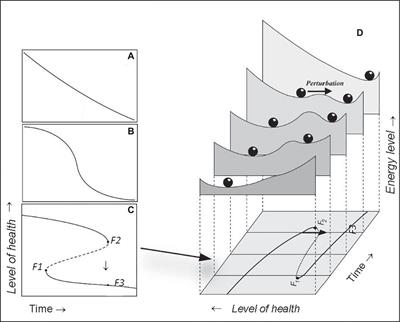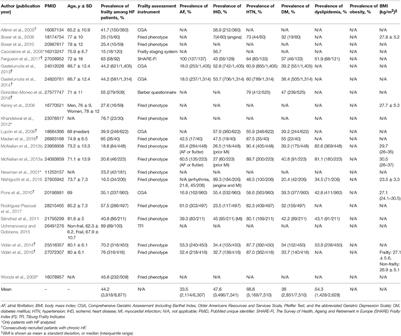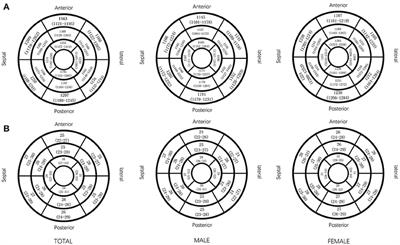REVIEW
Published on 03 Jul 2019
Coexisting Frailty With Heart Failure
doi 10.3389/fphys.2019.00791
- 7,255 views
- 41 citations
10k
Total downloads
38k
Total views and downloads
REVIEW
Published on 03 Jul 2019
HYPOTHESIS AND THEORY
Published on 19 Jun 2019

PERSPECTIVE
Published on 24 Apr 2018

ORIGINAL RESEARCH
Published on 06 Mar 2018

REVIEW
Published on 11 Jul 2017
